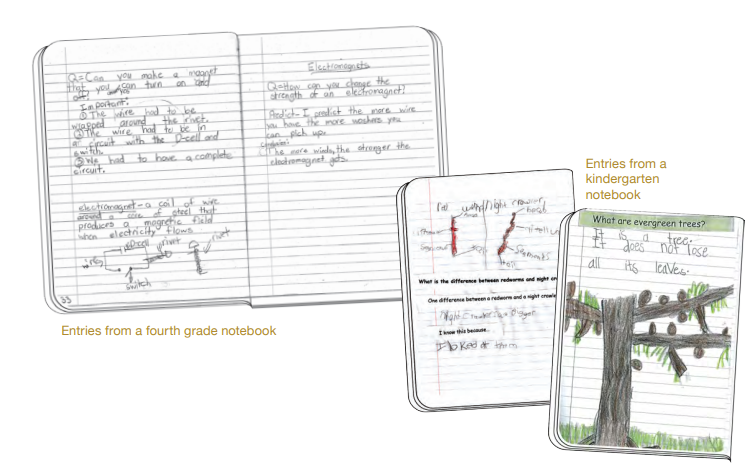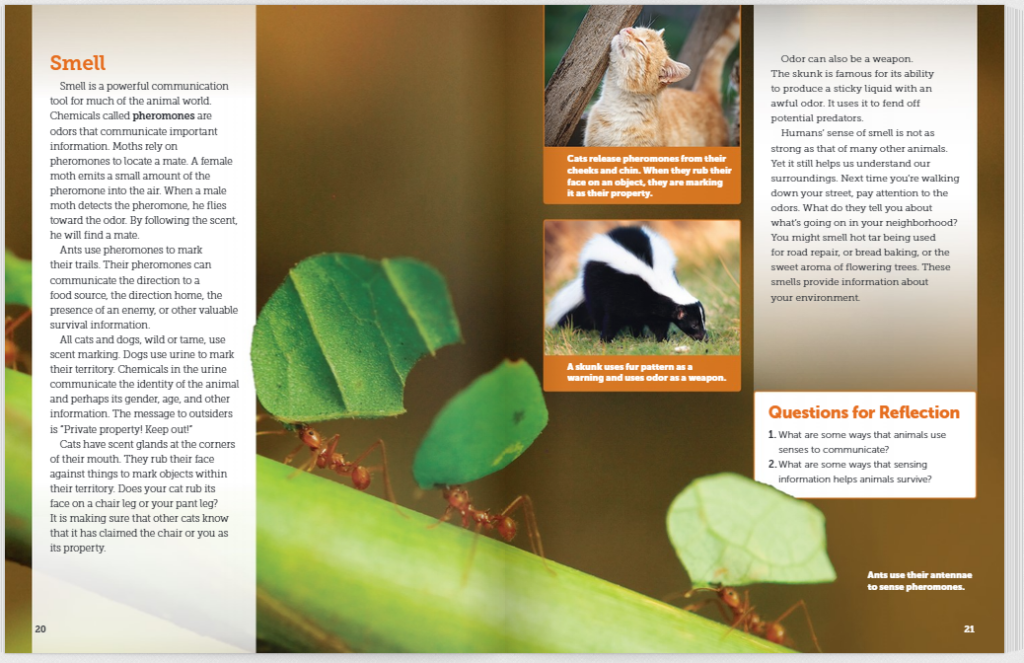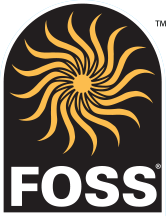There just aren’t enough hours in the day.
How many times have we made that statement? Probably many! In today’s fast-paced world, it often seems that there just isn’t enough time to get everything done. This is never more true than in the 21st-century classroom.
Educators feel never-ending pressure to fit in multiple subjects and hit numerous standards each and every class period. One way to help achieve these objectives is to promote the natural connections between science and language with FOSS®.
FOSS is specifically designed to foster connections between science and language arts while helping students develop essential literacy skills. By using FOSS, students adopt a scientific mindset – they explore, learn through hands-on experiences, and then apply reading and language skills to reflect on and communicate their findings. This approach enhances higher-order thinking and problem-solving skills, which in turn strengthen academic literacy across all subjects and support teachers in achieving the goals of cross-curricular education.
FOSS provides a number of tools that help with making solid Science and ELA connections including:
- Active Investigations: FOSS provides students with consistent, organized opportunities to engage in pair and small group discussions. Through these interactions, students develop the ability to share accurate, relevant information and support their arguments with evidence.
- Science Notebooks: Notebooks provide students a place to write up their questions, predictions, observations and conclusions. This allows them to build ELA skills while recording the scientific process.

- FOSS Science Resources Readings: Students use the text and illustrations in the readings to formulate questions, collect evidence to support their ideas and predictions and create models that defend their conclusions.
- Formative Assessments: Students build the language functions used for higher-order thinking by developing and using models.
- Speaking and Listening: As students move through the investigations together, collaborative discussions encourage the use of speaking and listening skills within the group.
- Vocabulary Building: Students master vocabulary best when they are using the selected terms in context rather than memorizing definitions. The science activities within FOSS encourage students to connect vocabulary to their investigations of the concepts related to those words.
Using FOSS, students learn to talk, read, and write like scientists.
Because of the natural use of language in the FOSS modules and courses, students are authentically developing their language skills while exploring scientific concepts. As students move through the scientific process, they are able to use language skills like speaking, listening, processing and organizing to help them review and confirm the information from their scientific investigations.



FOSS sense-making posters support students during sense-making discussions.
Scientists’ notebooks serve as comprehensive records of their interactions with natural phenomena. Similarly, FOSS students adopt a scientific approach by creating their own detailed science notebooks throughout the school year. These notebooks assist students in organizing observations, analyzing data, articulating their thoughts, and tracking their progress. This practice enhances both their writing abilities and scientific understanding by promoting the communication of evidence-based ideas.
By talking through the information they are collecting from their scientific explorations, students are able to build and demonstrate their understanding of scientific vocabulary. As students experience science concepts through hands-on activities, they make authentic connections to the words they are speaking and writing.
FOSS Science Resources books allow students to strengthen their reading and comprehension skills while also supporting their mastery of science concepts. FOSS supports teachers with helpful ELD integration strategies across four key areas: activating prior knowledge, using comprehensible input, academic language development, and oral practice.

FOSS helps students build a solid educational foundation, with the benefit of strengthening both their scientific process and their language development skills.

